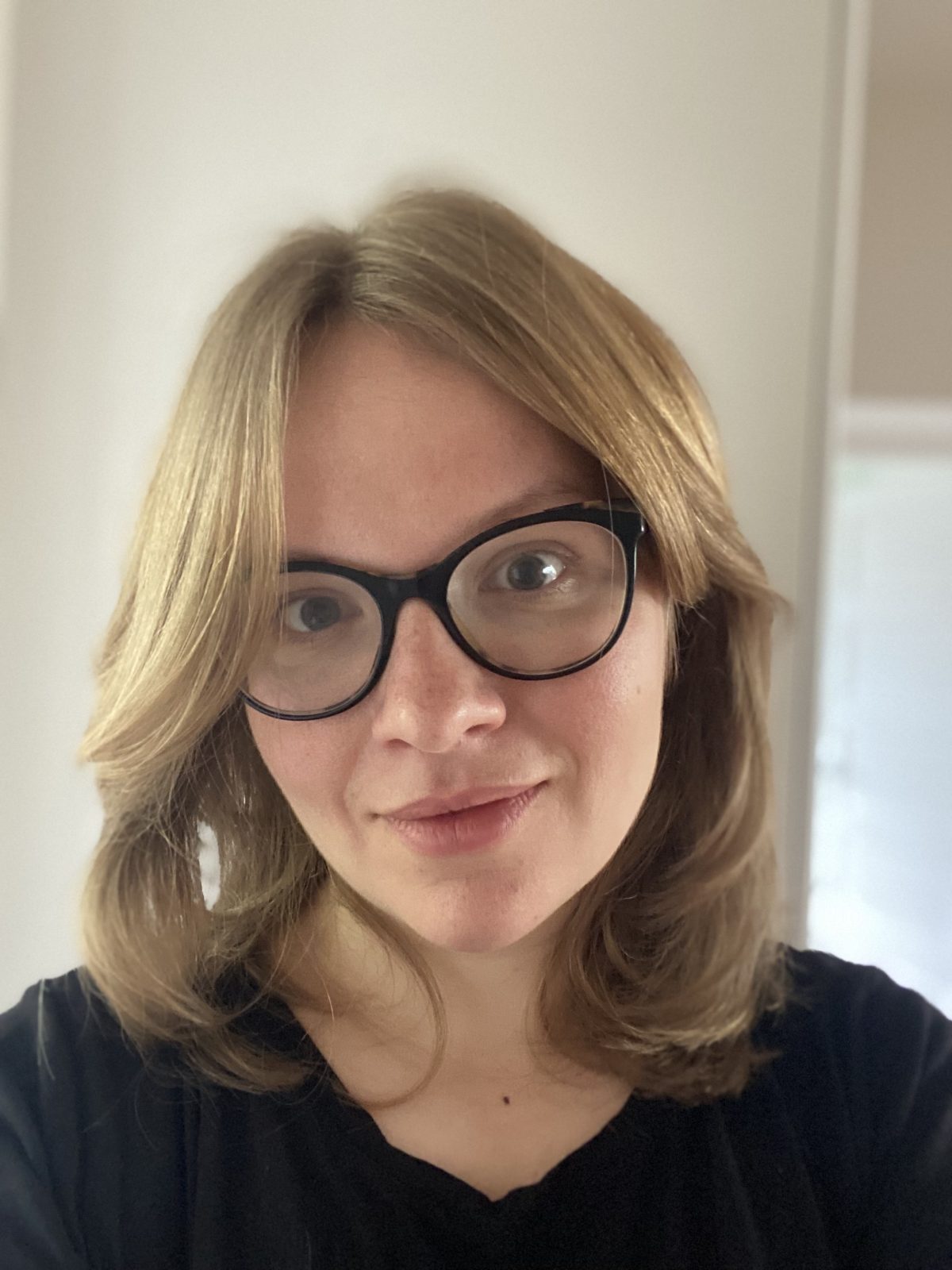
Mordechai Anielewicz – biography and memory
Among the 38 researchers starting their scientific careers who received grants in the SONATINA 7 competition are two researchers affiliated with the UWr – dr Maria Ferenc (research project „Mordechai Anielewicz – biography and memory”) and dr Mahboubeh Shahrbaf Motlagh (research project „Hypernuclear matter from the phenomenology of neutron stars and hypernuclei”).
To fund all 38 two- and three-year projects, NCN will allocate a total of more than PLN 32 million.
Today we present dr Maria Ferenc and her distinguished project.
Wars are destructive and transformative events that societies need to commemorate and integrate into their history. The memorialization is often constructed with the help of heroic narratives and mythologies of resistance – and this applies to the memory of the Holocaust too. The heroism of the Jews who participated in the armed resistance against the Germans has been fundamental to the commemoration of the Holocaust, and the story of the uprising in the Warsaw ghetto was central to this narrative.
Mordechaj Anielewicz (1919-1943), the commander of the uprising who fell in combat, immediately became a symbol of this event. He certainly is amongst the most famous Jewish individuals in the history of the Holocaust and 20th century. Yet, what do we really know about his life and the choices he had made? How a boy raised in poor Warsaw neighborhood of Powiśle, one of many local leaders of Hashomer Hatzair, had become ‘the Anielewicz’ we know today? What does his biography tell us on the complexity of Jewish responses to the World War II?
It is truly surprising that there exists no scholarly biography of such a significant persona. Although much has been written about the Warsaw ghetto uprising and its cultural, political and social meaning, a systematic and comprehensive monograph on this important figure and the ways his image was posthumously constructed, is sorely lacking. The proposed project is a chance to fill this gap and to examine life and memory of the hero. The results may shed new light on the questions regarding resistance during the Holocaust, as well as emergence and evolution of collective and individual memory as well as political uses of Holocaust history.
To understand those processes, I am planning to study his biography, but to examine how he was remembered and commemorated, to study collective and individual memories of Anielewicz. How did various stories about him resonate with postwar political realities of Poland, Israel, European countries, and USA? I argue that Anielewicz turned out to be a very capacious hero who was used to represent conflicting narratives: Zionism, anti-fascism, Polish insurgent tradition, or the universal message of courage and not giving in to despair (depending on who was behind the commemoration). I will examine what was written about Anielewicz in the press, told about him in anniversary speeches, how his role was reconstructed in historical and popular studies about the uprising, and how he was depicted in art.
The story of the uprising has been, since the very beginning, an object of creation by various parties involved in the event’s commemoration and documentation. Across time, from 1943 until today, acts of writing the history of the uprising by the surviving fighters intertwined and merged with the making of the event’s mythology. It also interfered with Anielewicz’s myth – survivors’ changing attitudes and judgements about him have been a part of Anielewicz’s “afterlife” too.
My research project evolves around Anielewicz as the central figure, which narrows it, but allows me to continue the narrative up until the present times. Anielewicz is the prism through which I am watching the changing meaning of the Warsaw ghetto uprising in various political and historical contexts (Israel, Poland, Europe, United States, USSR) over the course of 80 years. I want to include both Jewish and non- Jewish context of the memory of the uprising. I will examine the meaning Anielewicz (and the uprising) still hold in various political and social realities and to study how it’s being adapted to various contemporary (social, political, ideological) goals.
While examining ‘Anielewicz’s myth’ I will employ the methods of memory studies to address the question what the commander of the uprising has been embodying for historians and survivors’ community and how his story was being integrated into the collective memories of various societies. I will also ask what part the memory of just one person can play in the nation-building process?
In terms of both methodology and theoretical inspirations, this is an interdisciplinary project, which combines the methodologies of history and social sciences (especially memory studies).
Finally, my project is intended as a reflection on the meaning of resistance during the Holocaust for contemporary societies. Memory of the Warsaw ghetto uprising continues to be socially and politically meaningful, but it plays very different roles in various memorial cultures. Today, when once again there is a brutal war in Europe, re-thinking of the meaning of resistance, heroism, and their commemoration seems particularly timely.
Bio
Maria Ferenc – a graduate of the College of Interdisciplinary Individual Studies in Humanities and Social Sciences at the University of Warsaw. Researcher of Jewish history during the Holocaust. Editor of 3 volumes of documents from the Ringelblum Archive, author of several publications on the Holocaust. Scholarship holder of, among others, Yad Vashem, United States Holocaust Memorial Museum, Fondation Memoire de la Shoah, as well as a recipient of the Ministry of Science scholarship for outstanding young scientists (2020-2023). She participated in the NPRH Grant for the full edition of the Ringelblum Archive in Polish and was a coordinator in the NPRH Grant for the preparation of the Encyclopedia of the Warsaw Ghetto. Since 2017, she has been associated with the Research Department of the Jewish Historical Institute in Warsaw.



